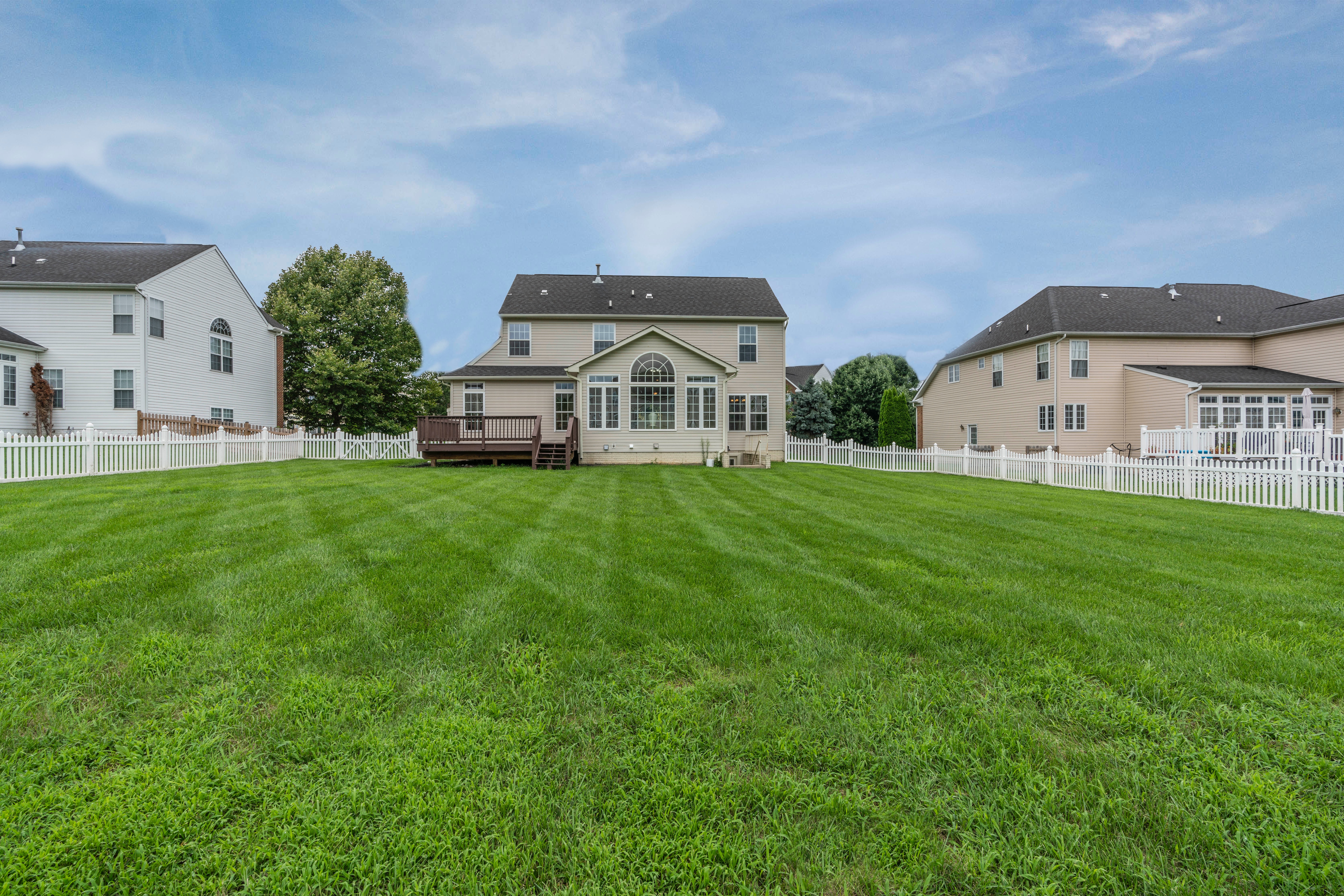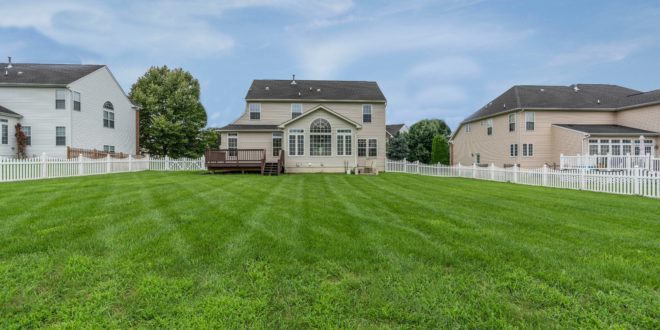If you’re retired and you own your home, you may be living on your pension and struggling to pay the bills. Big costs are probably out of your reach – replacing appliances or the car, or even covering an operation that’s been too long on the public health waiting list. Travelling for pleasure just seems a distant dream.
You might have heard of reverse mortgages (or reverse equity mortgages). Once very popular before being crushed by the 2008 GFC, they are finally creeping back into favour. They work by drawing down some of the equity in your home for those big-ticket items you couldn’t otherwise afford. They can work really well for some, but it pays to check all the details carefully. Reverse mortgages come with age restrictions, higher interest rates and higher fees, among other things.
Here’s everything you need to know.

Good reasons to take out a reverse mortgage
As long as you’re still living in your home, you don’t have to make any reverse mortgage payments until you sell it, or until you die when the loan balance comes out of your estate. That means your day-to-day expenses will be the same. Depending on your age, you might even be able to afford a holiday trip or some much-needed renovations, as well as that new car.
Even though you pay nothing, you’ll still be accruing interest on the mortgage, but this may not be an issue for you. Property values keep going up, and depending on where you live, the rising price of your home may cover the interest. That will mean when you sell (or your estate is settled) your equity in the property won’t have eroded much or at all. Alternatively, you might negotiate a ‘no negative equity’ clause in your mortgage agreement, so that when you die, your family won’t have a mortgage debt to pay.
Most reverse mortgages are ‘floating’, and you may be able to pay yours back at any time without penalty. This will be of benefit if your health deteriorates and you need to sell up and go into care, if someone leaves you a legacy – or you win Lotto! In any case, most lenders will guarantee that you can live in your home as long as the mortgage is in place.
The downside of reverse mortgages
Because you won’t be making payments, the interest you pay will add to your loan amount – so you’ll pay even more interest. Even a modest loan will almost double in a decade, so after another 10 years it will total almost four times as much as you borrowed initially.
Apart from the interest rate, these loans cost more than regular mortgages – in fees, registered valuations and legal charges. And the age restrictions keep you from borrowing anything sizable until you’re over 70. Lenders don’t want to carry large loans very long with no repayments, so you can only borrow 10% of your equity if you’re aged 60 to 64, and a mere 15% once you turn 65. You can add 1% every year after that, rising to 50% if you reach your 100th birthday.
What will the family think?
Another possible downside is how your family will react when they realise their inheritance has eroded to almost nothing over the last 20 years. It’s true that many people would rather see their parents comfortable and happy, but others might not feel quite so generous if you’re using the cash to enjoy an overseas jaunt! It’s not their money, and you can do with it as you choose, but for the sake of family harmony it pays to keep these possible issues in mind.
Other ways to cope
A reverse mortgage isn’t the only way to get yourself out of a financial bind, or pay for that big-ticket item. Most lenders take clients through a lengthy, three-step process to be very sure they’ve considered every alternative. Here are some things you could do to help your situation:
Rent out a room
Taking in a boarder may not pay for your hip replacement, but it will ease day-to-day expenses, and you might even be able to save a little. A younger, fitter flatmate can even be a boon when it comes to jobs like clearing the gutters and mowing the lawn.
Rent out (or sell) your house and find somewhere smaller
The rent you take in for your house, or the price you get for it, could be more than double that of a small apartment or unit, and it will ease cash flow for sure.
Sell part of your house to a family member
This isn’t as strange as it sounds – young people trying to get into the property market often welcome the opportunity to go half-way, and help Nana or Grandad at the same time. Later on, when they’re ready to buy their first home, they can leverage the part-ownership to their advantage. And that way, maybe you can have a new roof (or hip).
Talk to your family first
If you really are struggling financially, your car has completely died or the pain of that shonky hip is affecting your general health, talk it over with family members. You might get some good advice, and lots of support to make big changes (like finding a smaller place to live). You could score a spare car, a loan to tide you over or even an offer to buy your house. You won’t know what they’ll do until you have that chat.
Go in with your eyes wide open
Whether you need money for a big-ticket item or help with day-to-day expenses, it pays to go through your options with a fine-tooth comb before deciding what to do. Before taking out a reverse mortgage, talk to lenders and your family and consider alternatives like taking in a boarder, downsizing or borrowing from a relative.
If you do take the plunge, negotiate for options like no penalty for paying the mortgage off early, a ‘no negative equity’ clause, and a promise that you can remain living in your house for as long as you choose.









Join the Discussion
Type out your comment here:
You must be logged in to post a comment.